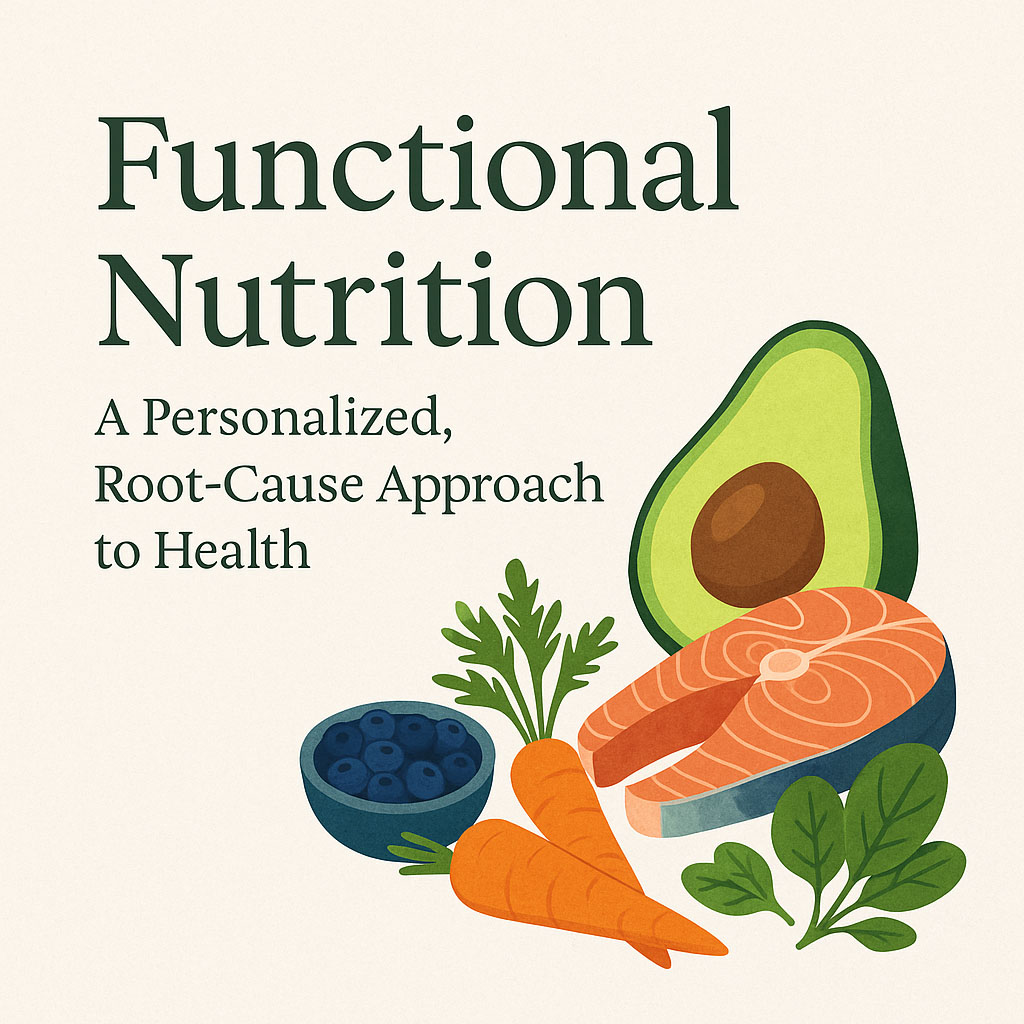Introduction
For decades, the prevailing belief was that our genes dictated our destiny, leaving little room for personal agency in determining health outcomes. However, the burgeoning field of epigenetics has revolutionized this perspective, revealing that our daily choices—ranging from diet and exercise to stress management—can significantly influence gene expression without altering the underlying DNA sequence. This blog delves into the mechanisms of epigenetics, elucidating how lifestyle factors can modulate gene activity and, consequently, impact our health and well-being.
Understanding Epigenetics
Epigenetics refers to heritable changes in gene expression that do not involve alterations to the DNA sequence itself. These changes are orchestrated by mechanisms such as DNA methylation, histone modification, and non-coding RNA-associated gene silencing. These epigenetic modifications act as switches or dimmers, turning genes on or off or modulating their activity levels, thereby influencing cellular function and overall physiology.
DNA Methylation
DNA methylation involves the addition of a methyl group to the DNA molecule, typically at cytosine bases adjacent to guanine (CpG sites). This modification can suppress gene transcription when located in gene promoter regions. Environmental factors, such as diet and exposure to toxins, can influence DNA methylation patterns, thereby affecting gene expression.
Histone Modification
Histones are proteins around which DNA winds, forming a structure called chromatin. Chemical modifications to histones, such as acetylation and methylation, can alter chromatin structure, thereby regulating gene accessibility and transcriptional activity. For instance, histone acetylation generally promotes gene expression by loosening chromatin structure, making DNA more accessible to transcription factors.
Non-Coding RNAs
Non-coding RNAs, including microRNAs (miRNAs) and long non-coding RNAs (lncRNAs), play crucial roles in post-transcriptional regulation of gene expression. They can bind to messenger RNAs (mRNAs), leading to their degradation or inhibition of translation, thus modulating protein synthesis and cellular function.
Lifestyle Factors Influencing Epigenetic Modifications
Nutrition
Diet is a potent modulator of epigenetic mechanisms. Nutrients and bioactive food components can influence DNA methylation and histone modifications, thereby affecting gene expression. For example, folate, vitamin B12, and choline are essential methyl donors involved in DNA methylation processes. Polyphenols found in fruits and vegetables, such as resveratrol and curcumin, have been shown to modulate histone acetylation and DNA methylation, influencing genes involved in inflammation and cancer suppression.
Physical Activity
Regular exercise has been associated with beneficial epigenetic changes. Physical activity can lead to DNA methylation alterations in genes related to energy metabolism, insulin sensitivity, and inflammation. For instance, exercise-induced hypomethylation of the PGC-1α gene enhances mitochondrial biogenesis and oxidative metabolism, improving muscle function and metabolic health.
Stress Management
Chronic stress can lead to adverse epigenetic modifications, particularly in genes associated with the hypothalamic-pituitary-adrenal (HPA) axis, which regulates stress responses. Stress-induced epigenetic changes can dysregulate cortisol production, leading to increased susceptibility to mental health disorders. Conversely, stress-reduction techniques like mindfulness and meditation have been linked to favorable epigenetic profiles, promoting resilience and psychological well-being.
Sleep Patterns
Sleep quality and duration significantly impact epigenetic regulation. Sleep deprivation has been associated with altered DNA methylation patterns in genes involved in circadian rhythms and metabolic processes, potentially increasing the risk of obesity, diabetes, and cardiovascular diseases. Maintaining consistent sleep patterns supports optimal epigenetic functioning and overall health
Environmental Exposures
Exposure to environmental toxins, such as heavy metals, air pollutants, and endocrine-disrupting chemicals, can lead to detrimental epigenetic modifications. These changes may contribute to the development of various diseases, including cancer, neurodegenerative disorders, and reproductive issues. Minimizing exposure to environmental toxins through lifestyle choices and policy interventions is crucial for maintaining epigenetic integrity.
Transgenerational Epigenetic Inheritance
Emerging research suggests that epigenetic modifications can be transmitted across generations, influencing the health and disease susceptibility of offspring. For instance, parental dietary habits and stress levels can lead to epigenetic changes in germ cells, affecting gene expression patterns in progeny. This transgenerational epigenetic inheritance underscores the importance of healthy lifestyle choices, not only for individual well-being but also for the health of future generations.
Practical Strategies for Positive Epigenetic Influence
- Adopt a Balanced Diet: Incorporate a variety of fruits, vegetables, whole grains, lean proteins, and healthy fats to provide essential nutrients and bioactive compounds that support favorable epigenetic modifications.
- Engage in Regular Physical Activity: Aim for at least 150 minutes of moderate-intensity aerobic exercise per week, along with strength training activities, to promote beneficial epigenetic changes related to metabolism and inflammation.
- Manage Stress Effectively: Practice stress-reduction techniques such as mindfulness meditation, deep breathing exercises, and yoga to mitigate stress-induced epigenetic alterations.
- Prioritize Quality Sleep: Establish consistent sleep routines and aim for 7-9 hours of quality sleep per night to support optimal epigenetic regulation.
- Minimize Exposure to Environmental Toxins: Reduce contact with harmful chemicals by choosing organic produce, using natural cleaning products, and avoiding tobacco smoke and excessive alcohol consumption.
Conclusion
The field of epigenetics illuminates the profound impact of lifestyle choices on gene expression and overall health. By understanding and harnessing the power of epigenetic mechanisms, individuals can make informed decisions to promote well-being and potentially reduce the risk of chronic diseases. Embracing healthy habits not only benefits personal health but may also positively influence the health trajectories of future generations.


